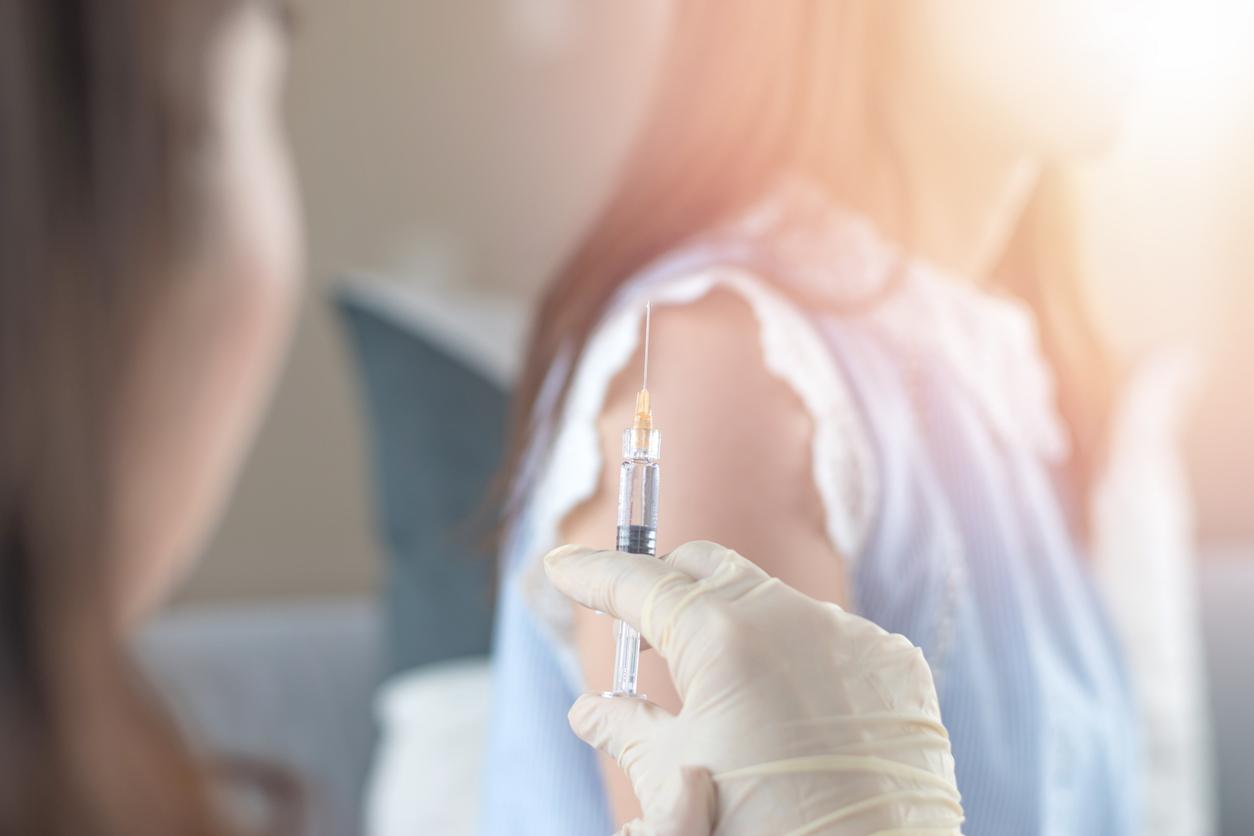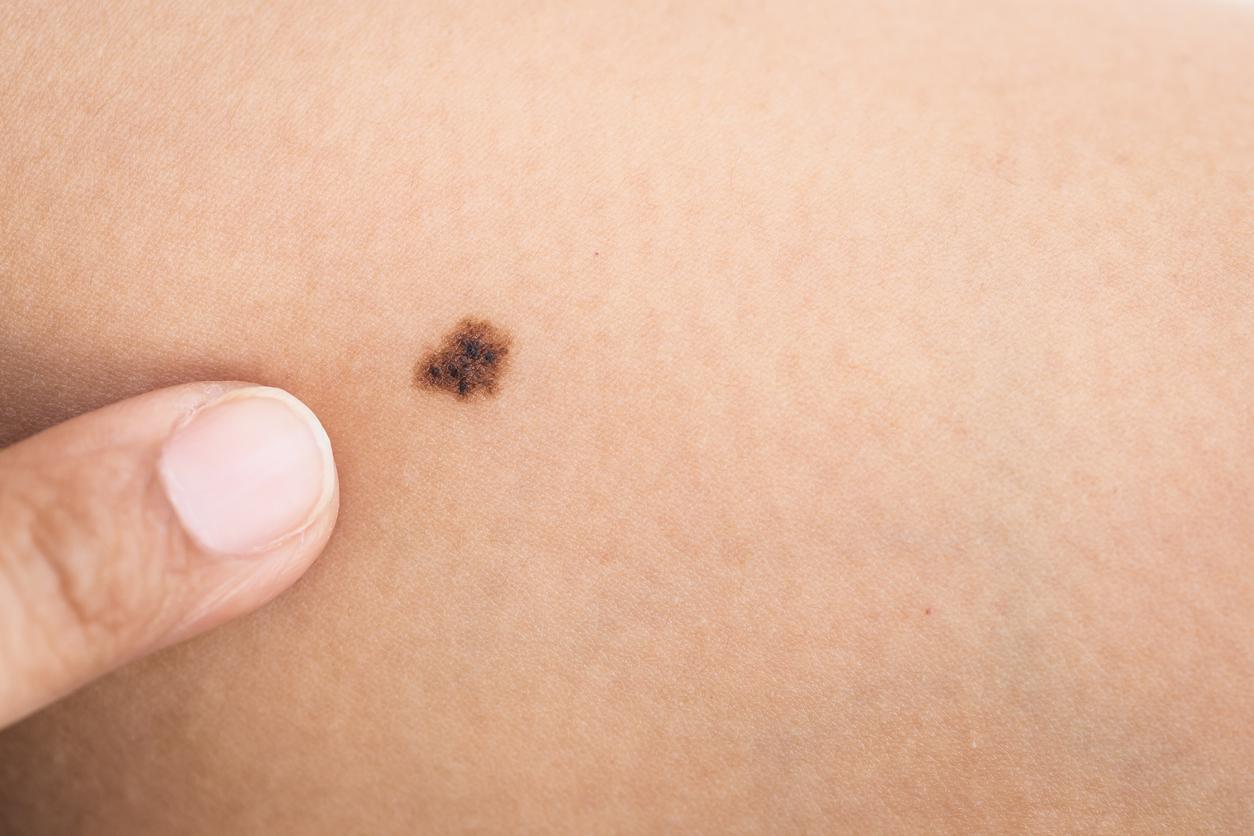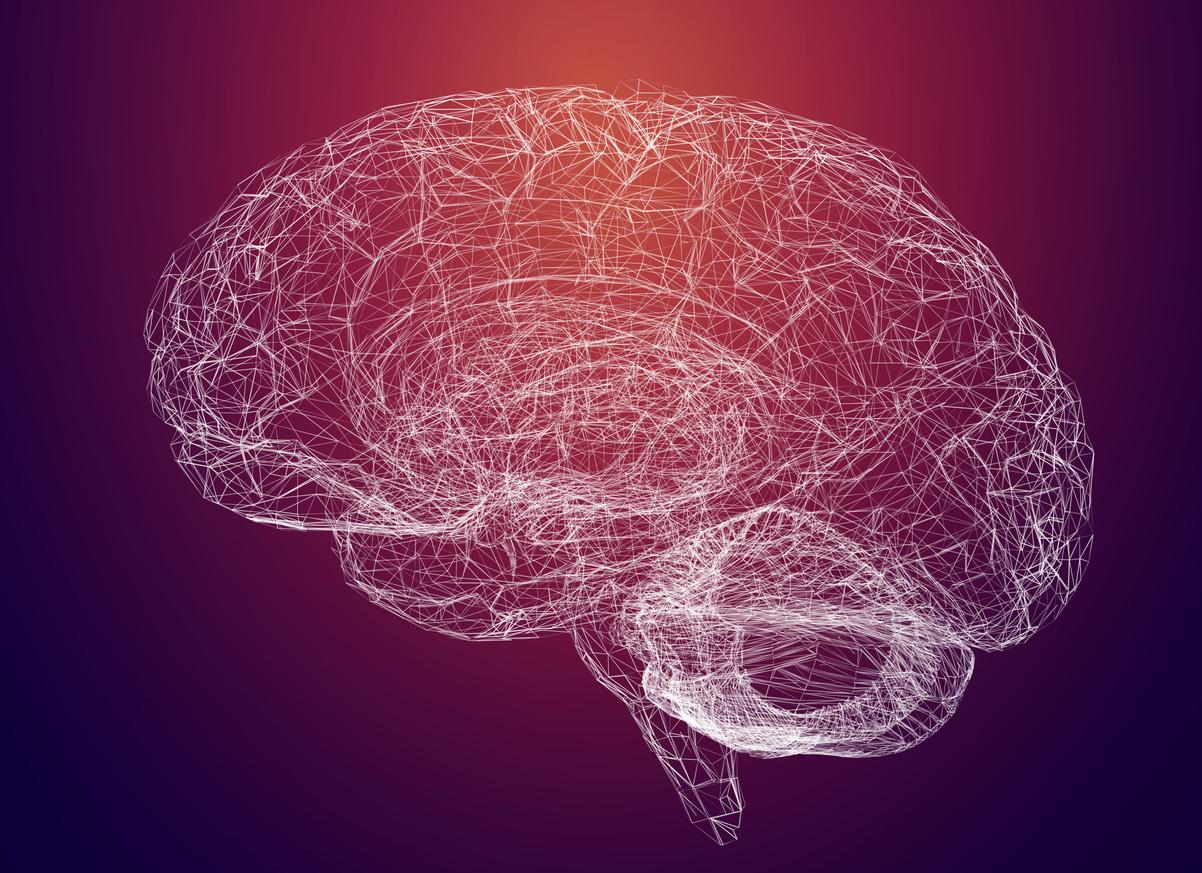EXETER, GREAT BRITAIN (PasseportSanté.net), November 18, 2004 – An annual research budget exceeding US $ 120 million, 800 projects funded in 123 institutions and 700 scientific publications: these are the main achievements of the National Center for Complementary and Alternative Medicine (NCCAM) has completed within its first five years of existence.
This report from NCCAM – one of the research institutes of the National Institutes of Health (NIH) in the United States – was presented to participants on 11e Annual International Symposium on Complementary Health Care, held in Exeter, UK1.
The Dr Jack Killen, director of the Office of International Health Research at NCCAM, said NCCAM’s research budget was only 40% of the US $ 300 million NIH spent on research into alternative and complementary medicine (MAC ). And while the amount is large, it only represents just over 1% of the overall NIH budget, which stands at US $ 28 billion.
Despite its young age, NCCAM has learned some important lessons, according to Dr Killen. First, more preliminary research will be needed to verify the quality of the products used in the projects, to know more precisely the optimal doses to be administered (because we generally do not know everything), and not to declare too quickly that a product is ineffective if the quality and the optimal dosage have not been controlled.
Second, NCCAM believes that it will be necessary to better understand the mechanisms involved in what one wants to study, not to spend too much money on large-scale research and not to go in all directions at once. This will translate into a little more basic research, clearer priorities and progressive, smaller and better focused clinical trials.
The third major lesson is that we must continue to bring researchers to CAM and practitioners of CAM to research, then devote significant sums to the training of researchers, because there are still relatively few researchers familiar with the process. CAM field and their social, ethical and legal context.
According to the Dr Killen, NCCAM’s strategic plan for the period 2005-2009, which will be tabled next January, will develop around three main areas: improving the general state of health; pain control; and prevention. Among other things, we will study the effects of meditative practices and spirituality on physiological and psychological parameters and their relation to healing processes. The avowed aim of this type of research is to improve the healing process, better understand the placebo effect and measure the impact of the physical environment.
In the energy medicine sector (energy medicine), the NCCAM intends to study the field of “energy fields” as well as the interactions between healers and patients. Resources will also be devoted to studying traditional medical systems such as Ayurvedic medicine and Traditional Chinese Medicine to try to find out, for example, whether the notion of “dosha” (energetic type), fundamental to Ayurveda, corresponds to something. in scientific medicine as it is currently understood.
In summary, NCCAM announces more basic research, much better prepared clinical research and better trained researchers.
Christian Lamontagne – PasseportSanté.net
1. To access the Symposium website: www.ex.ac.uk

















